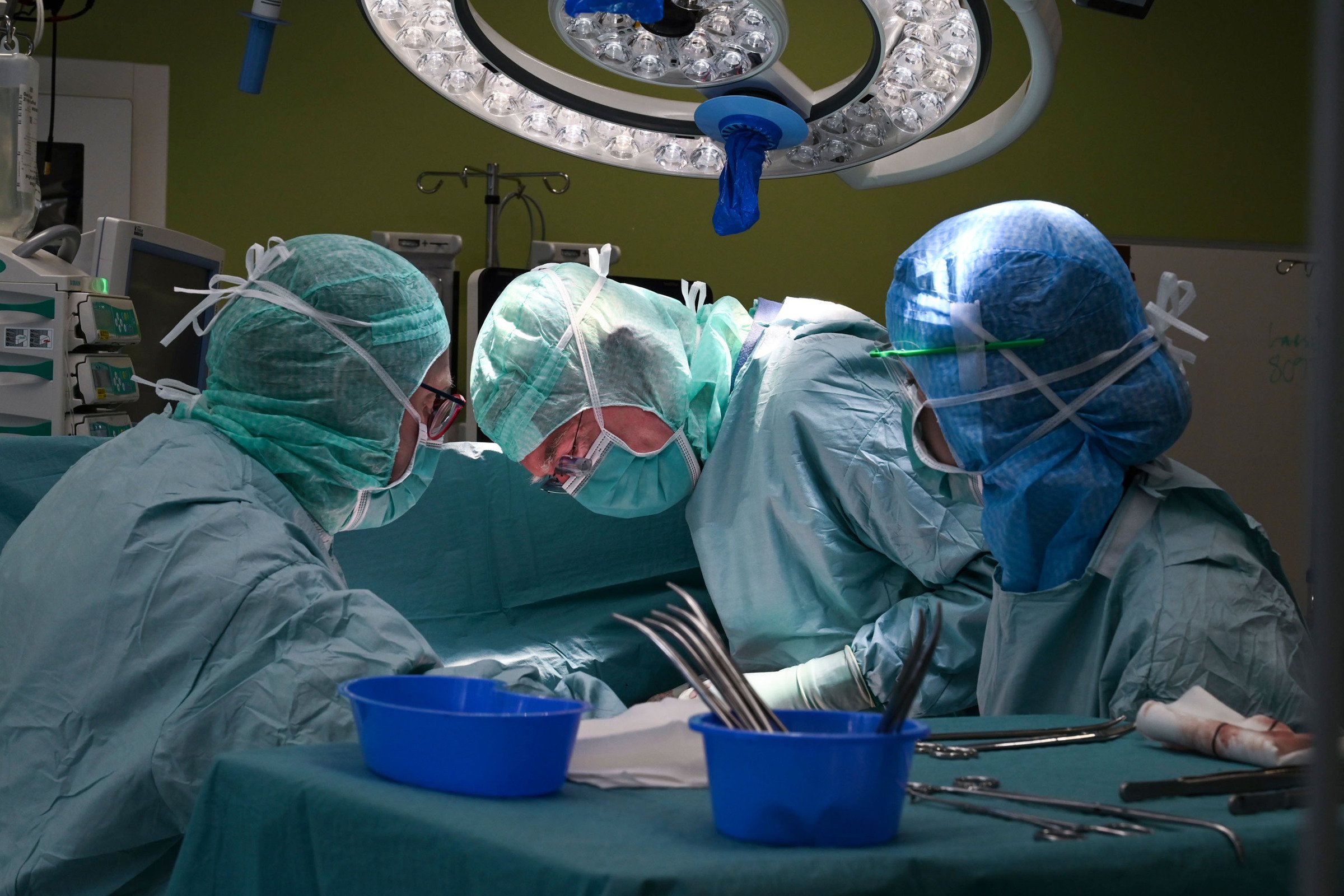Bile Duct Cancer (Cholangiocarcinoma)
Bile duct cancer, also known as cholangiocarcinoma, is a rare and aggressive form of cancer that develops in the bile ducts, which carry bile from the liver to the small intestine. This cancer is often diagnosed at an advanced stage, making early detection and treatment essential for better outcomes.
The exact cause of bile duct cancer is not fully understood, but several risk factors have been identified:
- Primary sclerosing cholangitis (PSC) – a chronic liver disease that causes inflammation and scarring of the bile ducts.
- Chronic bile duct inflammation – conditions such as bile duct stones or infections increase the risk.
- Liver fluke infections – parasitic infections, common in certain parts of the world, can contribute to bile duct cancer.
- Hepatitis B and C infections – chronic liver diseases increase the risk of cholangiocarcinoma.
- Congenital liver or bile duct abnormalities – such as Caroli disease or choledochal cysts.
- Exposure to toxins – certain chemicals and toxins have been linked to an increased risk of bile duct cancer.
Liver Transplant
Karolinska University Hospital runs one of the more extensive liver surgery units in the Nordics, and has a special assignment for liver transplants on behalf of the Swedish National Board of Health and Welfare. Both children and adults undergo transplants with excellent results at Karolinska. Liver Transplant
Center
We aim to significantly improve the quality of life for a vast number of patients with various diseases, as well as give new life to those for whom there is no other treatment.